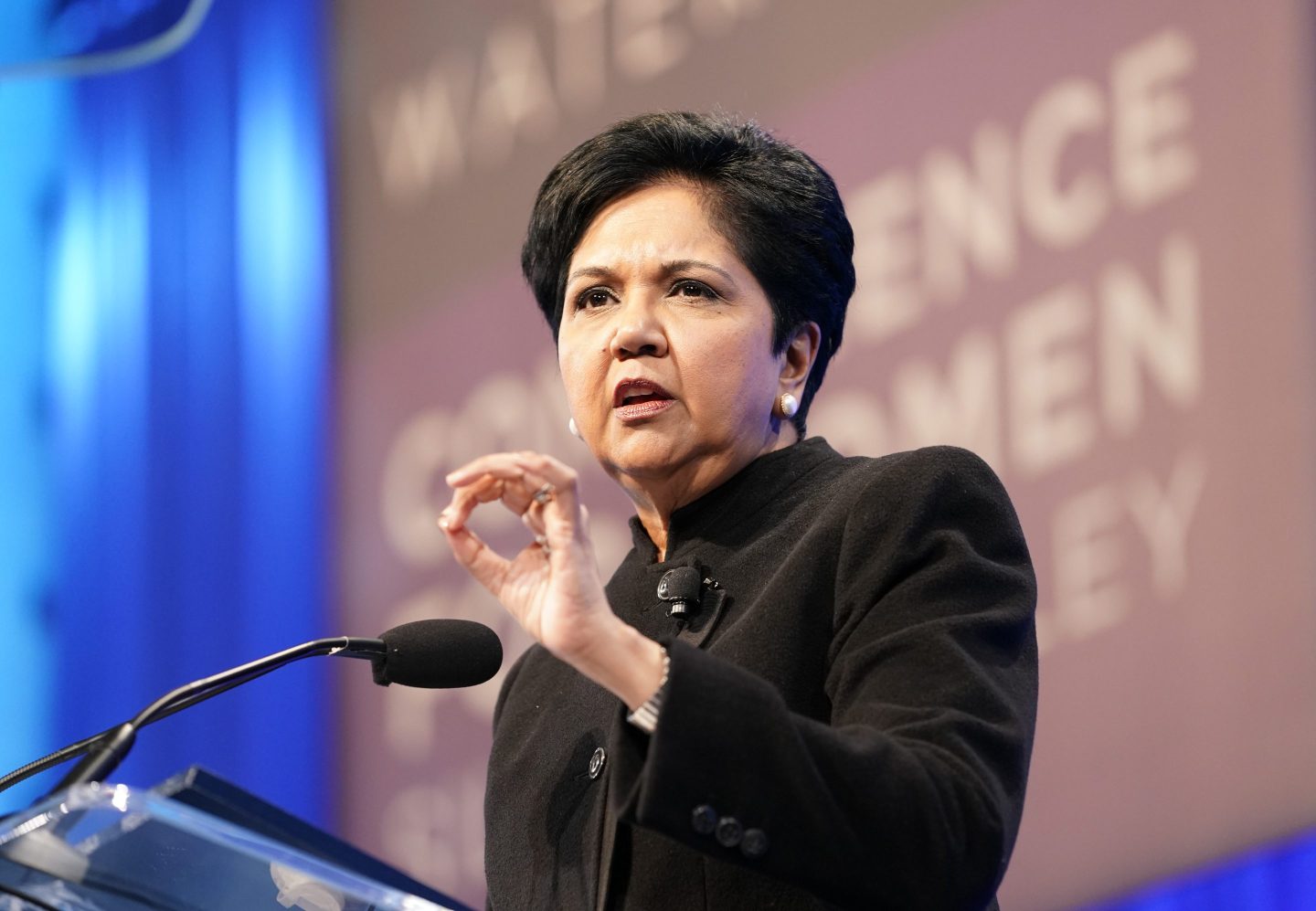Good morning.
Every age has its uncertainties, but the current age has more than most. War raging in Europe and the Middle East and foreboding in Asia; an economy perched on the pivot from unprecedented monetary and fiscal stimulus to a return to an unfamiliar normality; a pandemic that provoked massive changes in work and life; new technologies moving at warp speed with premonitions of both utopian and dystopian consequences. How do you lead a business in such an extreme ‘VUCA’ environment?
I had the opportunity last week to pose that question to Indra Nooyi, ex-CEO of PepsiCo, at a forum hosted by consulting firm Slalom. Her answer was a mini-master class in modern leadership. She boiled it down to five rules:
“First: Rather than articulate a vision for the company, CEOs have to learn to talk about alternatives and scenarios. That is the only way you can get your team to constantly look for changes in the environment that could impact your direction.”
“Second: You have to build resilience, agility and adaptability into the company. That’s often talked about, but rarely practiced. Study past setbacks. Look for leaders who have navigated through crises and failures.”
“Third: Lifelong learning is the survival mantra of the future. Leaders must understand coming trends and technologies. They must study whatever is driving change in-depth. They must go back to being students.”
“Fourth: Rethink how you do talent succession. Targeting the most capable is going to be the biggest competitive advantage you have. Make succession an ongoing science.”
“Fifth: The only way to find and bind outstanding talent to the company is to engage their hearts as well as their head and hands in the business of the company. To do so, companies have to articulate a purpose…that touches people emotionally and encourages them to give the company their all.”
Well put. More news below.

Alan Murray
@alansmurray
alan.murray@fortune.com
TOP NEWS
More oil consolidation
Chevron has agreed to buy fellow oil company Hess in a $53 billion deal. It’s the latest mega-deal in the fossil fuel industry, following Exxon’s $60 billion purchase of Pioneer Natural Resources earlier this month. Chevron is pivoting to capture energy resources that are closer to home, like Hess’s stake in the Stabroek Block in the South American country of Guyana, the largest crude oil discovery in the past decade. Bloomberg
Women’s 'Day Off'
Women in Iceland–including Prime Minister Katrín Jakobsdóttir–will take part in a one-day strike to protest the gender pay gap. Women taking part in Kvennafri, or “Women’s Day Off” in Icelandic, will abstain from both paid and unpaid work, including household chores and childcare. While Iceland often receives high marks on gender equality from organizations like the World Economic Forum, organizers are pushing back against the idea that the country is an “equality paradise.” The New York Times
End of a ‘golden era’
Hong Kong’s property developers, once buoyed by the world’s least affordable housing market, may soon confront government efforts to tackle sky-high home prices. “Hong Kong real estate is no longer a totally free market,” Chinachem CEO Donald Choi says. “The golden era of high profit margins in the housing market is over.” The median Hong Kong home costs almost 19 times the city’s median household income, according to a March report from think tank Demographia. Financial Times
AROUND THE WATERCOOLER
Saudi crown prince Mohammed bin Salman’s 2030 growth plan bears fruit as Hyundai inks deal to join Lucid as next carmaker in the Gulf by Christiaan Hetzner
Commentary: Here’s the climate movement’s biggest mistake since the 1970s, according to the climate scientist who won the Nobel Prize alongside Al Gore by David Schimel
Britain’s return-to-office push pays off—more people are back 5 days than working from home for the first time since COVID-19 by Prarthana Prakash
Chevron boss says the $300 billion oil giant has changed life on Earth for the better: ‘We’re not selling a product that is evil’ by Orianna Rosa Royle
This edition of CEO Daily was curated by Nicholas Gordon.
This is the web version of CEO Daily, a newsletter of must-read insights from Fortune CEO Alan Murray. Sign up to get it delivered free to your inbox.














